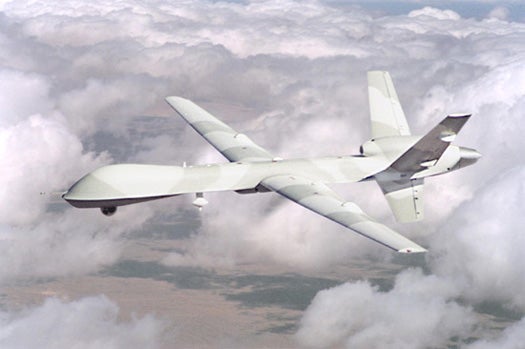U.S. Air Force Adds Undergrad UAV Training, Makes Drone Pilot a Full-Fledged Career Choice
Further validating the increasing role that unmanned aerial systems (UAS) play in 21st-century defense, the United States Air Force announced...

Further validating the increasing role that unmanned aerial systems (UAS) play in 21st-century defense, the United States Air Force announced yesterday that it will institutionalize the remotely piloted aircraft pilot service field, establishing undergraduate RPA training that will make UAV pilot less a specialization and more a full-fledged operational career.
The first undergraduate UAS class will begin in October of this year, with training taking the candidates from flight training in Pueblo, Colo., to instrument qualification at Randolph AFB in Texas.
Like pilot training for manned aircraft, the selection process for the program will be rigorous, including physiological and academic tests aimed at ensuring only the most qualified get behind the sticks of the Air Force’s unmanned fleet. The program will also offer RPA incentive pay equal to aviation career incentive pay, as well as require a six-year service commitment. (Perhaps after a stint in the service, they can fly passenger drones at home.)
Essentially, the USAF is assigning a distinction – and a level of operational importance – to the nation’s UAV pilots who are playing a critical role in joint warfighting tasks in Iraq and Afghanistan. This could have something to do with U.S. drone policy coming under increased scrutiny in recent months, underscored by a review of a February incident that saw 23 Afghan civilians killed after a drone crew mistakenly identified a convoy of women and children as militants on the move.
But more likely, it’s a tacit recognition that the future of both peacekeeping and war making is tied to the technological advantages granted to commanders and troops on the ground by their unmanned comrades in the sky. As such, the first generation of professional, career USAF unmanned aerial systems operators will emerge in the next few years ready to take to the remote battlefields of the future.